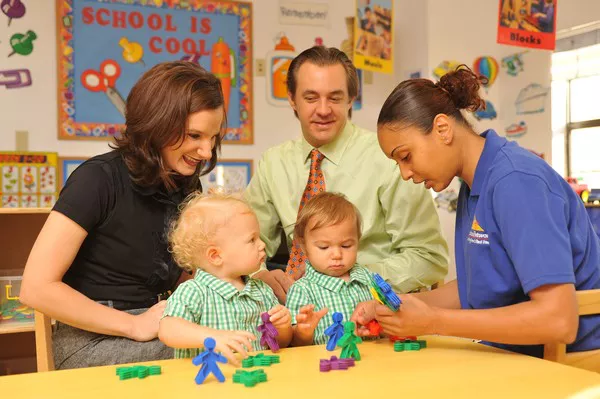In today’s increasingly connected world, socialization plays a crucial role in a child’s development. Interaction with peers, family members, and society at large provides invaluable opportunities for learning, emotional growth, and the acquisition of important life skills. However, some children may face limitations in their socialization experiences, which can have profound effects on their overall well-being and development. In this article, we delve into the consequences of limited socialization on children and explore ways to mitigate these challenges.
Defining Limited Socialization
Limited socialization refers to a situation where children have reduced or restricted opportunities for engaging in meaningful social interactions. This can occur due to various factors, including geographical isolation, health conditions, parental restrictions, or a lack of access to appropriate social environments. It is important to recognize that while some children may naturally be more introverted, limited socialization refers to a situation where the child’s overall social engagement falls significantly below age-appropriate norms.
Impact on Cognitive Development
Socialization plays a vital role in cognitive development. Through social interactions, children develop language skills, learn problem-solving techniques, enhance critical thinking abilities, and improve their overall communication skills. When socialization is limited, children may experience delays in these areas, leading to difficulties in academic performance, reduced creativity, and impaired cognitive functioning.
Emotional and Psychological Consequences
Socialization is crucial for the development of emotional intelligence and mental well-being. Limited socialization can result in emotional isolation, feelings of loneliness, and a lack of empathy towards others. Children who don’t socialize adequately may struggle with self-esteem issues, exhibit higher levels of anxiety and depression, and find it challenging to build and maintain healthy relationships later in life.
Social Skills Deficits
Engaging with peers and adults in social settings is essential for children to develop appropriate social skills. Through play, conversation, and cooperation, children learn how to navigate social norms, resolve conflicts, and empathize with others. When socialization is limited, children may lack these crucial skills, leading to difficulties in forming friendships, participating in group activities, and integrating into social environments.
Educational Challenges
Limited socialization can have significant implications for a child’s educational journey. In school settings, social interaction is not limited to the playground but also extends to collaborative learning, group projects, and extracurricular activities. Children who don’t socialize adequately may struggle to adapt to the social demands of the classroom, hindering their ability to engage with peers and participate effectively in group learning experiences.
Mitigating the Challenges
While limited socialization poses challenges, there are strategies that parents, educators, and society can employ to support children’s development. These include creating opportunities for social interactions, promoting inclusive environments, utilizing technology to bridge geographical gaps, encouraging participation in extracurricular activities, and providing social skills training programs.
Seeking Professional Help
In cases where limited socialization significantly affects a child’s well-being and development, it is essential to seek professional guidance. Pediatricians, psychologists, and educators can provide valuable insights and interventions to address socialization challenges, helping children overcome their limitations and enhance their overall social competence.
Conclusion
Limited socialization can have far-reaching consequences for a child’s development, impacting cognitive abilities, emotional well-being, social skills, and academic success. By recognizing the importance of socialization and taking proactive measures to address limitations, parents, educators, and society can ensure that children have the necessary tools to navigate the complexities of social interaction and thrive in various aspects of life. Let us foster environments that encourage meaningful socialization and enable every child to reach their full potential.


